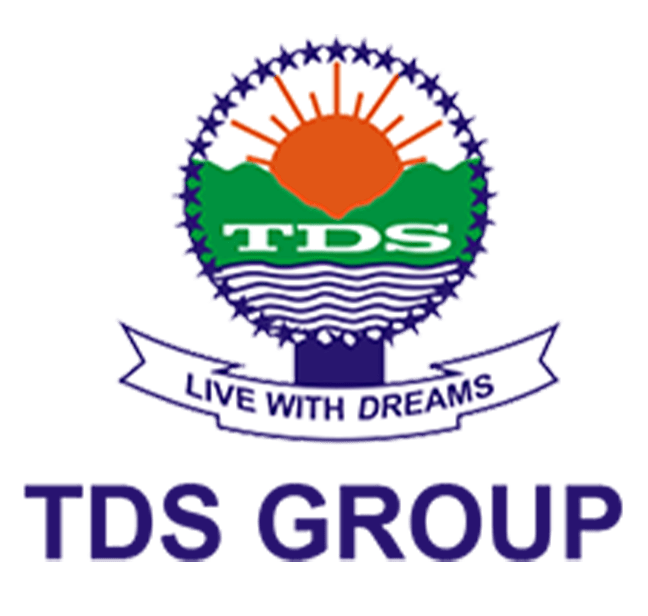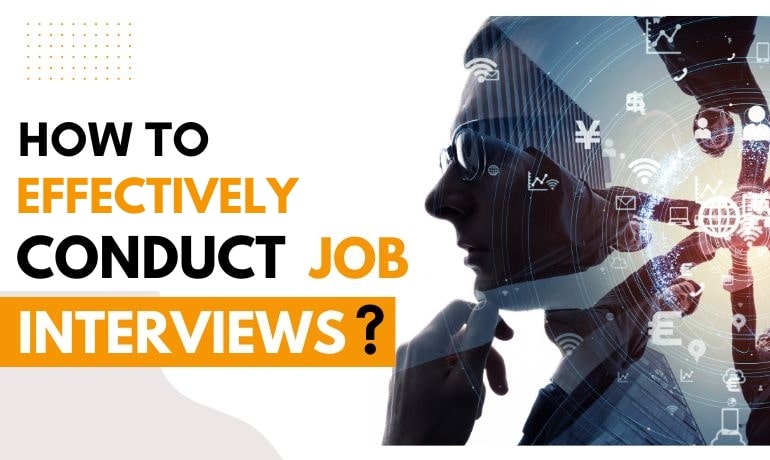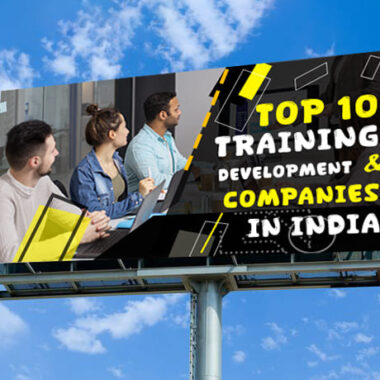Introduction
Welcome to the TDS Group blog, where we’re here to help you master the art of job interviews. Whether you’re an experienced HR professional or a busy small business owner, conducting effective interviews is vital for finding the perfect talent. In this blog post, “How to Effectively Conduct Job Interviews,” we’ll share valuable strategies, practical tips, and best practices to streamline your interview process and make confident hiring decisions. With our expertise, we’ll guide you in assessing candidates’ qualifications, skills, and cultural fit. So, let’s get started and unlock the secrets to conducting successful job interviews with the TDS Group.
What is a job interview?
A job interview is a formal process in which a candidate meets with an employer to discuss their qualifications, skills, and suitability for a particular job. It typically involves a series of questions and assessments to evaluate the candidate’s compatibility and potential fit within the organization.
What is the need to conduct a job interview?
Conducting a job interview is essential to evaluate a candidate’s qualifications, skills, and suitability for a specific role. It allows employers to assess a candidate’s personality, communication abilities, and problem-solving skills. Interviews help make informed hiring decisions, ensuring the right fit for the job and the organization’s culture.
How to Effectively Conduct Job Interviews
Job interviews are a crucial part of the hiring process. They allow employers to evaluate candidates and determine if they are the right fit for the job and the company culture. However, conducting job interviews can be challenging, especially if you need more preparation. Here are some tips and strategies for conducting effective job interviews.
1. Prepare ahead of time
Before the interview, take the time to review the candidate’s resume and cover letter, as well as any other materials they have provided. This will help you to get a better understanding of their experience and qualifications. Additionally, prepare a list of questions you want to ask during the interview. These questions help you evaluate the candidate’s skills, experience, and personality.
2. Create a welcoming environment
When the candidate arrives for the interview, ensure they feel comfortable. Begin by introducing yourself and any other members of your team who will be participating in the interview. Offer the candidate a glass of water or coffee, and make small talk to help them relax before the interview.
3. Use open-ended questions
During the interview, use open-ended questions that require more than a simple yes or no answer. This will help you to get a deeper understanding of the candidate’s experience and skills. For example, instead of asking, “Have you ever worked in a customer service role?” you could ask, “Tell me about a time when you had to handle a difficult customer.
4. Listen carefully
It’s important to listen carefully to the candidate’s responses during the interview. Please pay attention to their tone of voice, body language, and the content of their answers. This will help you to evaluate their communication skills and assess whether they would be a good fit for the job and the company culture.
5. Ask follow-up questions
If the candidate provides a particularly interesting or insightful answer, ask follow-up questions to encourage them to elaborate. This will help you to get a more detailed understanding of their experience and skills. Additionally, asking follow-up questions shows the candidate that you are engaged in the interview and interested in their responses.
6. Be respectful
During the interview, be respectful of the candidate’s time and feelings. Avoid asking inappropriate or discriminatory questions, and always maintain a professional demeanour. Additionally, be mindful of the candidate’s body language and tone of voice, and adjust your approach accordingly.
7. Wrap up the interview
At the end of the interview, thank the candidate for their time and provide them with any information they might need regarding the next steps in the hiring process. Additionally, let them know when they can expect to hear back from you regarding the status of their application.
Conclusion
Conducting job interviews effectively is crucial for finding the perfect talent and making informed hiring decisions. This blog post discussed valuable strategies and tips to streamline the interview process. Employers can conduct successful interviews by preparing ahead of time, creating a welcoming environment, using open-ended questions, actively listening, asking follow-up questions, and maintaining respect and professionalism. The ultimate goal is to assess candidates’ qualifications, skills, and cultural fit. At TDS Group, we understand the importance of effective job interviews and offer our expertise to guide you in finding the best talent for your organization. Trust us to help you master the art of job interviews and make confident hiring decisions.






